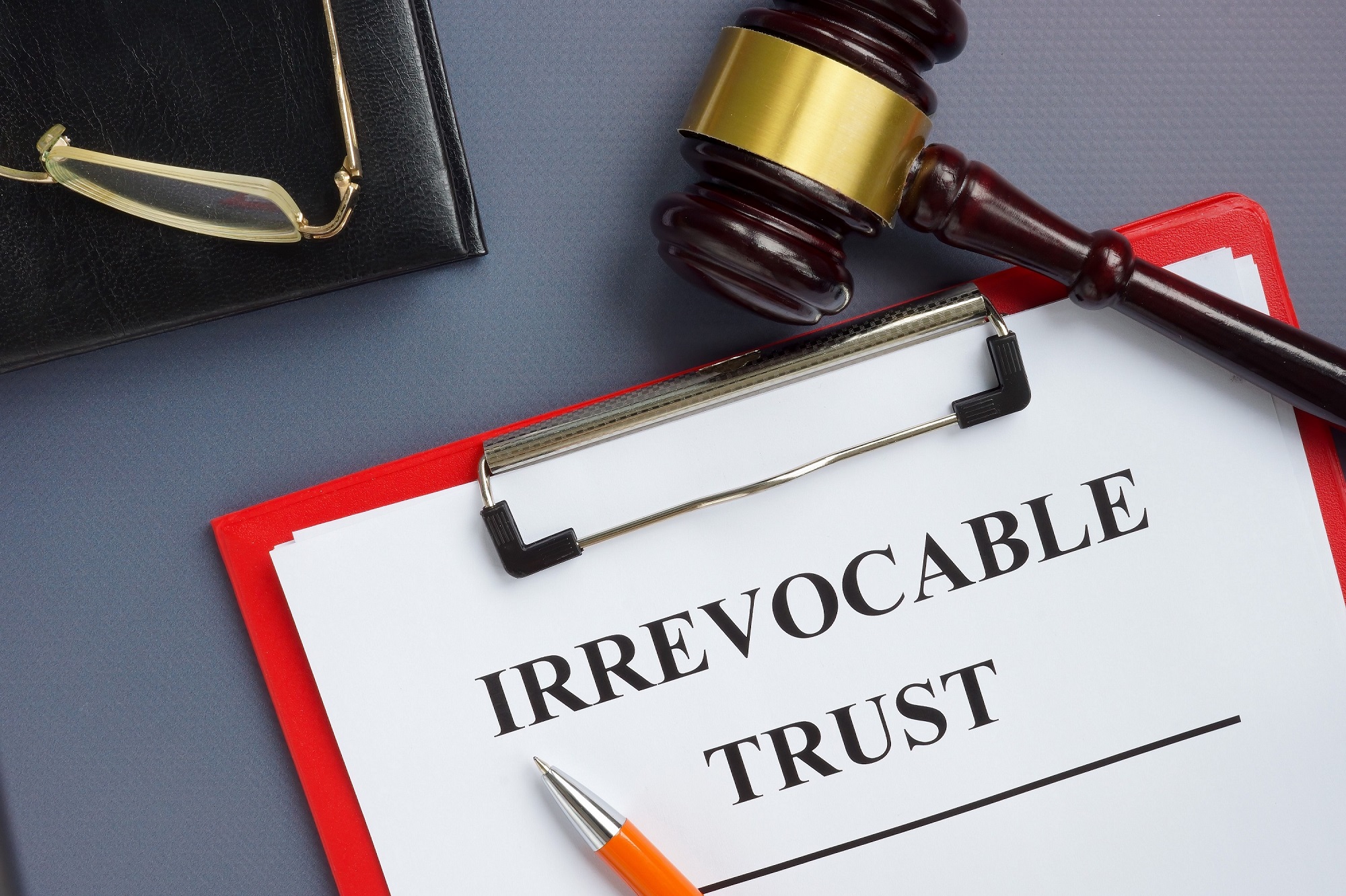Could I Be the Beneficiary of a “Secret Trust”?
Trusts are widely misunderstood as a tool for the uber-wealthy, when in fact they are an integral part of most estate plans, from the simplest to the most complex.
Any trust has three players: a Settlor, a Trustee, and a Beneficiary. The Settlor creates (or “settles”) the trust and the Trustee manages the trust assets based on written instructions from the Settlor (typically in the form of a Trust Agreement) for the benefit of a Beneficiary. A trust can be created during the Settlor’s lifetime (a “Living Trust”), in which case the trust can be either revocable or irrevocable, or upon the Settlor’s death, usually under the provisions of a Will (a “Testamentary Trust”).
Trusts are typically created for minors, young adults, and spendthrift beneficiaries, as well as to protect the assets from potential claims against the beneficiary (including those of a divorcing spouse). Trusts are also commonly created to control the way assets are distributed from generation to generation.
If you are a Beneficiary of a trust, you would know it, right? Similarly, if you create a trust for someone, they need to know about it, right? Not necessarily.
New Jersey recently adopted “the Uniform Trust Code” that now governs all New Jersey trusts. The new law generally requires Trustees to keep Beneficiaries reasonably informed about the administration of the trust and material facts necessary to protect their interests. However, the Settlor can waive that requirement.
The catch is that another provision of the new law, which cannot be waived by the Settlor, requires Trustees to respond to requests from beneficiaries 35 years of age or older for a copy of the Trust Agreement and for other information reasonably related to the administration of the trust.
So, it’s probably fair to say that “Semi-Secret” Trusts are permitted in New Jersey. A Beneficiary need not know about a trust of which he or she is a Beneficiary, and neither the Settlor nor the Trustee (if the Settlor waived the requirement for the Trustee to keep the beneficiaries informed) needs to inform the Beneficiary of the existence of the trust; but if the beneficiary finds out about it and is at least 35 years of age, the trust is no longer a secret.
Be aware that there are good reasons from both the Beneficiary’s and the Trustee’s perspectives not to have a Semi-Secret Trust. For the Beneficiary, it may result in higher taxes. As discussed in a prior blog post, trusts are taxed under a regime in which you “follow-the-money.” If income stays in a trust, it is taxed to the trust; if it is distributed to a Beneficiary, it is taxed to the Beneficiary. Generally, lower overall taxes result if income is taxed to the Beneficiary rather than the trust, in which case the Beneficiary would generally need to know about the trust.
The Trust Code incentivizes Trustees to keep beneficiaries informed as much as possible by limiting the statute of limitations for claims against the Trustee to six months from the date reports are sent to the Beneficiary. But if the Beneficiary is not aware that the trust even exists, the statute of limitations on potential claims may never begin to run, thereby unduly exposing the Trustee to potential claims over an extended period of time.




